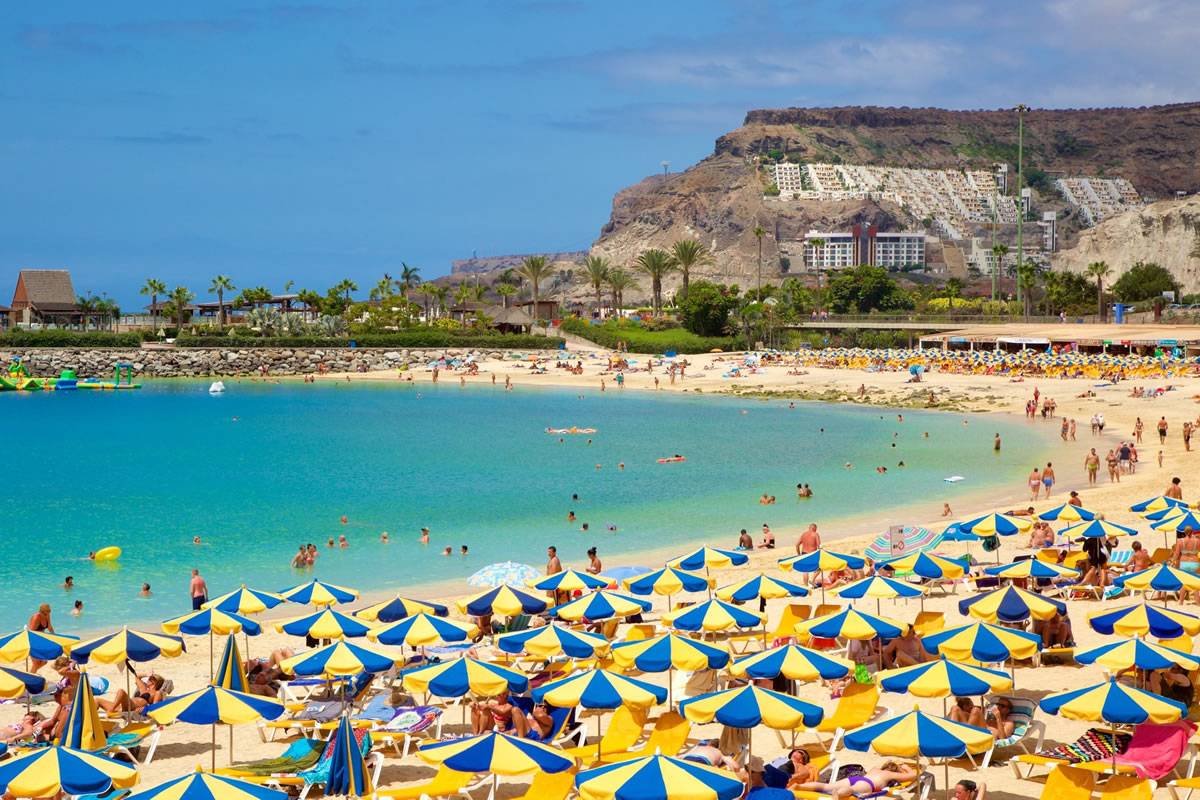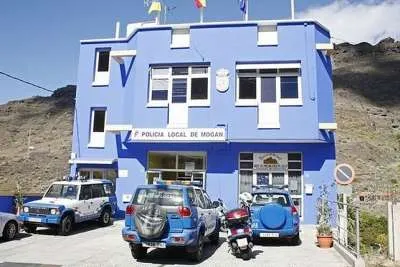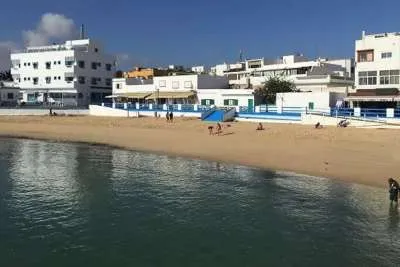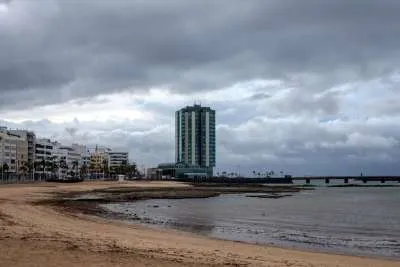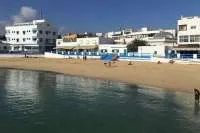Mogan aims to be first resort to introduce a tourist tax
- 14-05-2024
- Gran Canaria
- Canarian Weekly
Mogan, the second biggest tourist municipality in Gran Canaria, are taking steps to approve a pioneering tourist tax in the Canary Islands, which will be the first introduced by a local Council and not at regional level, regardless of the position of the Government.
The Council claim they have a legal basis to establish the tax, which will be a “disguised” tourist tax, as instead of taxing overnight stays in accommodation, which falls under the jurisdiction of the Canary Islands Government, they will charge tourists for the provision of public services and, according to the mayor, Onalia Bueno, all of the revenue will be allocated to the "maintenance and improvement of tourist areas”.
The Council says that legally they can apply it due to a clause in the Local Finance Regulatory Law, which, in Article 20, states that "local entities may establish fees for the provision of public services [...] that refer, affect or benefit particular subjects," in this case, tourists.
The Mogan Council aims to introduce the tax in 2025 to pay for gardening, cleaning, purification and desalination of water, among others, which are directly affected by tourism, and so that these services are not funded by residents of the municipality, who don’t necessarily directly benefit from them, whereas the million holidaymakers who visit every year, do.
"The City Council will not apply a tax for staying overnight in tourist accommodation. However, it can approve a tax for the public services under its jurisdiction, and the model it has opted for is to consider anyone staying in these establishments, i.e. hotels, aparthotels, campsites, holiday homes, etc, as a taxpayer," they explained in a statement.
In this way, every tourist staying in Puerto Rico, Arguineguín, Puerto Mogan, and Playa Mogan will pay a fee for each night they stay in the municipality, similar to a tourist tax or 'ecotax' applied in Catalonia or the Balearic Islands, with the possibility of establishing a maximum number of nights and other types of exemptions that, like the fee itself, are still under study.
Visitors will make the payment directly to where they are staying, and the owners or management companies of these establishments will be responsible for paying the collected amounts to the Council, "more than likely on a quarterly basis.”
One of the exemptions from this tax is residents who choose to stay in a hotel or similar in the municipality, and who already pay their taxes in this municipality, as the Council doesn’t want them to be taxed twice.
Other articles that may interest you...
Trending
Most Read Articles
Featured Videos
TributoFest: Michael Buble promo 14.02.2026
- 30-01-2026
TEAs 2025 Highlights
- 17-11-2025


